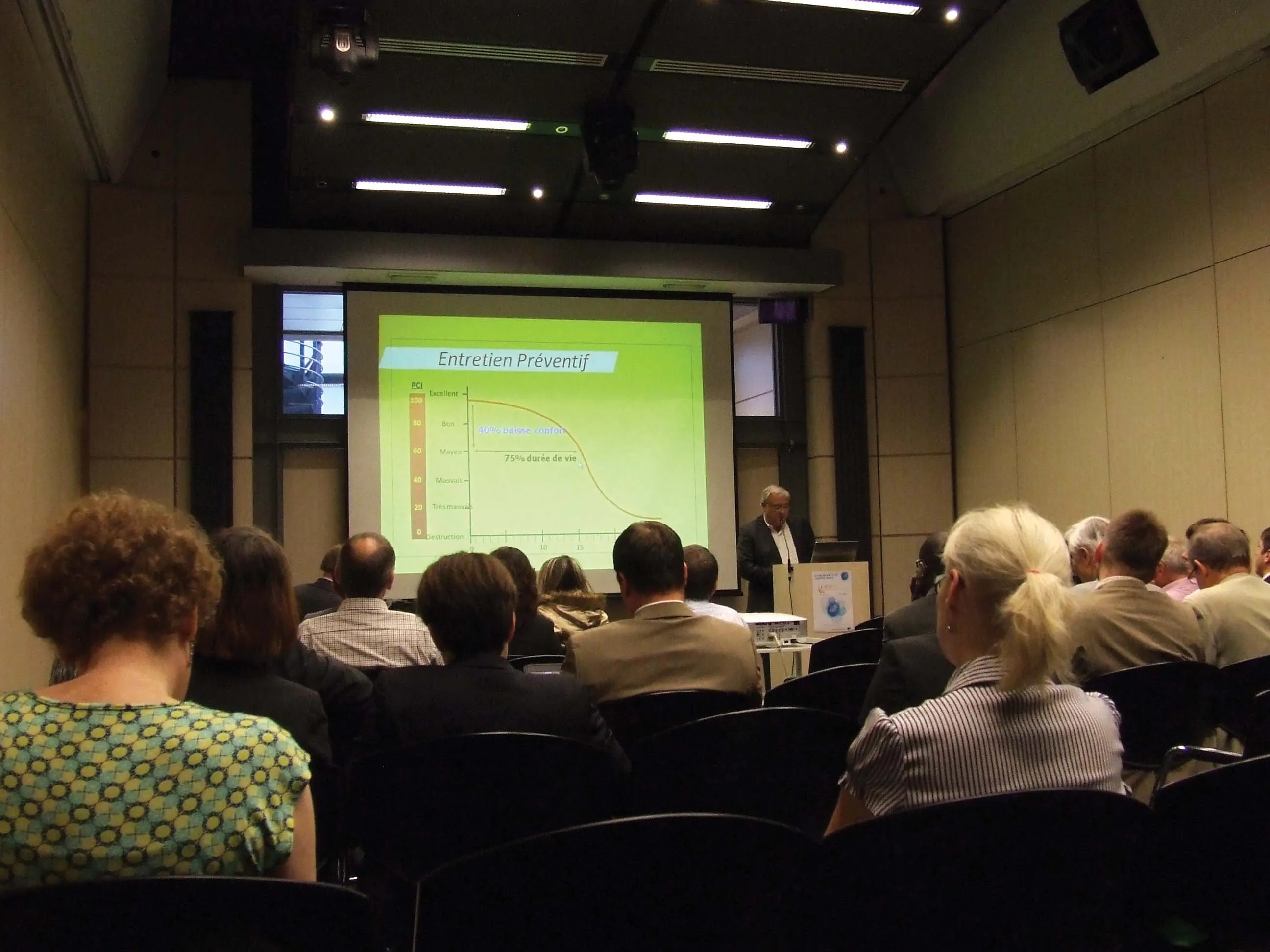Cambridge Systematics and ICRA Management Consulting Services (IMaCS) have signed a Memorandum of Understanding (MoU). This will see the two specialists collaborating for consulting services to the transportation sector in India, across Asia, and in Africa. IMaCS and Cambridge Systematics will offer a broad mix of consulting services to public and private sector clients in the transportation sector.
Cambridge Systematics specialises in providing analytical services to support policy development; strategic
December 10, 2013
Read time: 2 mins
Cambridge Systematics and ICRA Management Consulting Services (IMaCS) have signed a Memorandum of Understanding (MoU). This will see the two specialists collaborating for consulting services to the transportation sector in India, across Asia, and in Africa. IMaCS and Cambridge Systematics will offer a broad mix of consulting services to public and private sector clients in the transportation sector.
Cambridge Systematics specialises in providing analytical services to support policy development; strategic and performance-based planning; and transit, rail and intermodal freight planning services. Cambridge Systematics also has considerable expertise in areas of transportation asset management, safety, economic impact analysis, environmental, operations, GIS, travel demand modelling, and simulation.
IMaCS is a policy and strategy consulting firm headquartered in India with expertise in financial services, transportation, energy, urban & social infrastructure and manufacturing sector. The Transportation Practice of IMaCS focuses on policy and strategy-related projects. Within policy, IMaCS engages with central & state governments, regulators, and multi/ bi-lateral agencies in areas such as economic reform, business rules, competition, tariffs, service level obligations, and subsidies.
Cambridge Systematics specialises in providing analytical services to support policy development; strategic and performance-based planning; and transit, rail and intermodal freight planning services. Cambridge Systematics also has considerable expertise in areas of transportation asset management, safety, economic impact analysis, environmental, operations, GIS, travel demand modelling, and simulation.
IMaCS is a policy and strategy consulting firm headquartered in India with expertise in financial services, transportation, energy, urban & social infrastructure and manufacturing sector. The Transportation Practice of IMaCS focuses on policy and strategy-related projects. Within policy, IMaCS engages with central & state governments, regulators, and multi/ bi-lateral agencies in areas such as economic reform, business rules, competition, tariffs, service level obligations, and subsidies.








